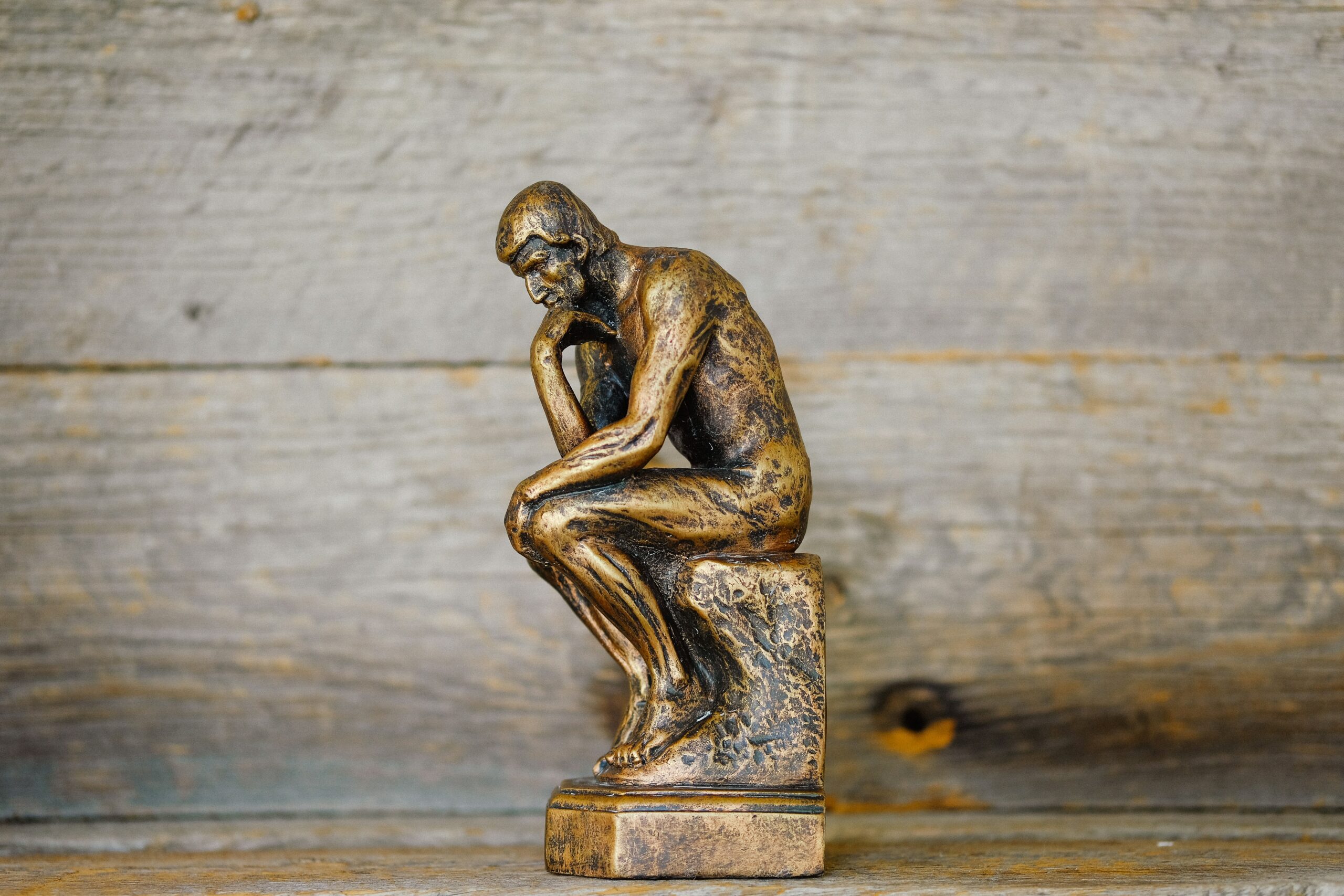I was recently poring over some of the excellent books by the late British educator and popularizer in the world of philosophy and critical self-reflection Bryan Magee. Throughout this lovely spree of reading and serpentine contemplation, I was enjoying myself and hop-skipping from page to page, practically dilly-dallying in all the wisdom of books that I can include among the most influential on my worldview as a human being, such as Confessions of a Philosopher and Ultimate Questions. I was recognizing in his words some familiar sentiments and ideas—and when you happen across an author who brings into the light everything that you were mulling and even stumbling over in the dark, you know you have a winner—until I came across an idea that is too often overlooked in our society’s hurried and instinct-driven collectivity. And in a heartbeat, all my frolicking turned into beetle-browed contemplation.
Almost at once, I knew this idea was worth reiterating—but really it was Bryan Magee who brought up and reiterated the marvelous idea, which seems obvious enough but is really counter-intuitive (and to some degree contrarian, innately opposing the agenda of the media and that of any other visible shorthand for a human society): as human beings in the twenty-first century, we often falsely believe that our day and age is the inevitable culmination of our history’s long succession of millennia, as if we were a rising estuary that has finally released the endless flow of time into the open sea.
This idea, whose importance Magee clearly understood and repeated again and again in his work, is as false as a correlative misconception: that the individual has a greater importance owing to that same inflated importance of the era in which he happens to be alive. But our time and place in a theoretical eternity are a matter of randomness, and the historical and temporal truth is just the opposite, a teaspoonful of that bitter but curative medicine for a mind all-too-addled by the presentism that our human instinct coddles or browbeats us into embracing: like that of every other human society that has preceded ours, our own era is destined to be pigeonholed into the never-ending succession of days, weeks, months, years, and decades, and centuries, and millennia that we decide to call time, which has no discernible beginning and no foreseeable end.
To give a temporal analogy so as to put this idea into perspective: as in every other era, in another two centuries, this century will have become nothing more than the nineteenth century of the twenty-third century. It is a peculiarly simple idea: all the famous figures and television personalities, businesspeople and millionaires, gurus and small-time heroes and celebrities and singers and talk-show hosts and gadabouts who seem to have garnered a towering importance in the eyes of the general public, coming to acquire a degree of influence that even the most ill-mannered and tyrannical monarchs of the past 1,000 years would have had a difficult time imagining, will be reduced to the minor and somberly muted scale on which we now measure ourselves against all those colorless, ghastly, and unsmiling people captured on camera shortly after the invention of photography.
It is possible that our most outstanding or notable celebrities will be given more pages in the history books of the not-so-distant future. Many might even be lionized more than criticized. And surely even the worst of the criticism, wherever it happens to come up and catalyze the posthumous ignominy and shame of all those turning-in-their-grave celebrities and twenty-first-century historical figures, will be printed boldly in the glossy and vibrant colors of the future. But the factor common to it all is the historical remembrance of things no longer alive, the faded memories of things recorded only in a book, the present era turned into the recent, then receding, and then forgotten past.
At this very moment, we are the history of the future—a simple enough concept, isn’t it? And yet human nature (of which our society is just a collective reflection) keeps us driven and harried by the latest update on Ben Affleck’s marriage to Jennifer Lopez and the sloppy and money-hungry escapades of this or that celebrity Kardashian and the top-ten most effective tips for making your girlfriend squirm in bed like a little piggy. Human nature is always shooing and fly-swatting us away from philosophy and perspective and intellectual poise—from reason itself, ultimately—and toward everything that affirms our own self-importance and frivolity.
From a distance, human nature and humanity often seem absurd and pathetic. Maybe they should even be condemned—but alas, we are all condemned to be forgotten in the eternal history of our own future. And while philosophy and thinking itself might just be antithetical to our lower human instincts, it might also be the only way to a sustainable freedom from our own navel-gazing and cosmic humiliation, maybe at the hands of a hypothetical alien race that has the privilege or the punishment of observing us on planet Earth.
At the very least, gaining a sense of distance from all the madness can turn into an amusing pastime. God knows we all need an occasional break from sniffing our own nauseating gases. Or I know, at least. I’ll get back to you on the God thing.





